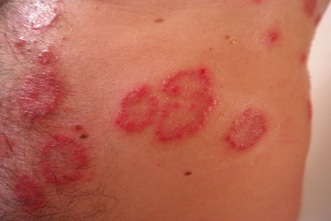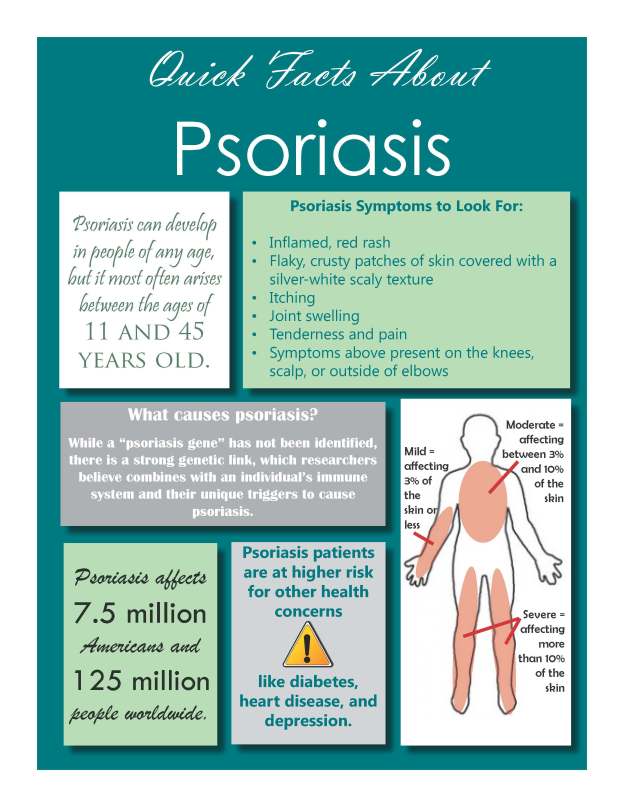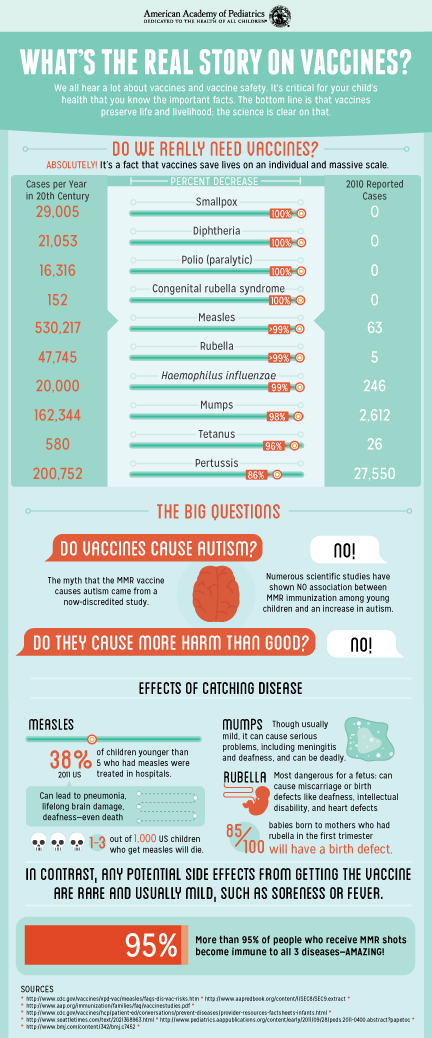When someone tells me no, it doesn’t mean I can’t do it. It just means I can’t do it with them. – Karen E. Quinones Miller
Stay motivated! 🙂


When someone tells me no, it doesn’t mean I can’t do it. It just means I can’t do it with them. – Karen E. Quinones Miller
Stay motivated! 🙂


Welcome to another Wellness Wednesday! August is Psoriasis Awareness Month so today, we are sharing some information about psoriasis.
Psoriasis (suh-RYE-uh-sus) is a long-lasting (chronic) disease that causes skin cells to build up on the surface of the skin, forming itchy red raised areas (plaques) and thick scales. It can appear anywhere on the body, but is most commonly found on the scalp, knees, elbows, and torso. Overtime, psoriasis can get better or worse. It may go away completely before suddenly reappearing.
For some kids, psoriasis is just a minor inconvenience, but for some it can be quite serious. Psoriasis can lead kids to feel self-conscious about their appearance. Sometimes that affects their emotions, and some kids may develop low self-esteem and even depression as a result.

Right now, there’s no cure for psoriasis, but there are many good options available to treat psoriasis symptoms. Lifestyle changes, such as maintaining a healthy diet and weight, also can help ease the symptoms.
Doctors aren’t sure why people get psoriasis, but they do know how the disease works. Remember, Psoriasis isn’t contagious. Some people inherit the genes that make them more likely to having it. Many with psoriasis have an immediate family member who also has the disease.
Check out this infographic for more information:

For more information, click here and here.
What topic would you like to see covered in our Wellness Wednesdays? Tell us in the comments!

“Everyone has inside of her a piece of good news. The good news is that you don’t know how great you can be, how much you can love, what you can accomplish, and what your potential is.” – Anne Frank
Stay motivated! 🙂


Immunization is the process where a person is made immune or resistant to an infectious disease, typically by the administration of a vaccine (medicine).
Did you know?
Why is this important?
Immunizations help prevent diseases from spreading. They protect against diseases, are very safe and effective, and can save lives!
These are just a few quick facts about immunizations and vaccines. To learn more check out this link here.
Check out this week’s Wellness Wednesday post to learn more about National Immunization Awareness Month. Click here.

August is National Immunization Awareness Month! Learn about the importance of vaccination for children. Getting vaccinated does not cause autism contrary to some people’s beliefs. Actually, vaccines save lives! Take a look at the infographic created by the American Academy of Pediatrics below for more information.

Source:
Healthy Children – National Immunization Awareness Month

Meet Jaelyn Sagen. A 12-year-old from Los Alamitos, California. For the past six summers, Sagen has set up a lemonade stand to raise money for homeless people in her neighborhood. Sagen has raised nearly $16,000 to date for the charity group We Care for Los Alamitos.
Sagen’s altruism dates back more than half a decade, to a moment when she encountered a homeless man for the first time in 2010 and wanted to do something about it.
Keep up the good work, Jaelyn!
“Well, I saw a homeless man on the street and it kind of surprised me because I had no clue that people lived like that. I just didn’t think it was fair because I lived such a fortunate life.” – Jaelyn Sagen
What volunteer activities do you participate in? Tell us in the comments!

Did You Know?
Sun Safety Tips:
Sources:

When someone tells you it can’t be done, it’s more a reflection of their limitations, not yours. – Unknown
Stay motivated! 🙂
